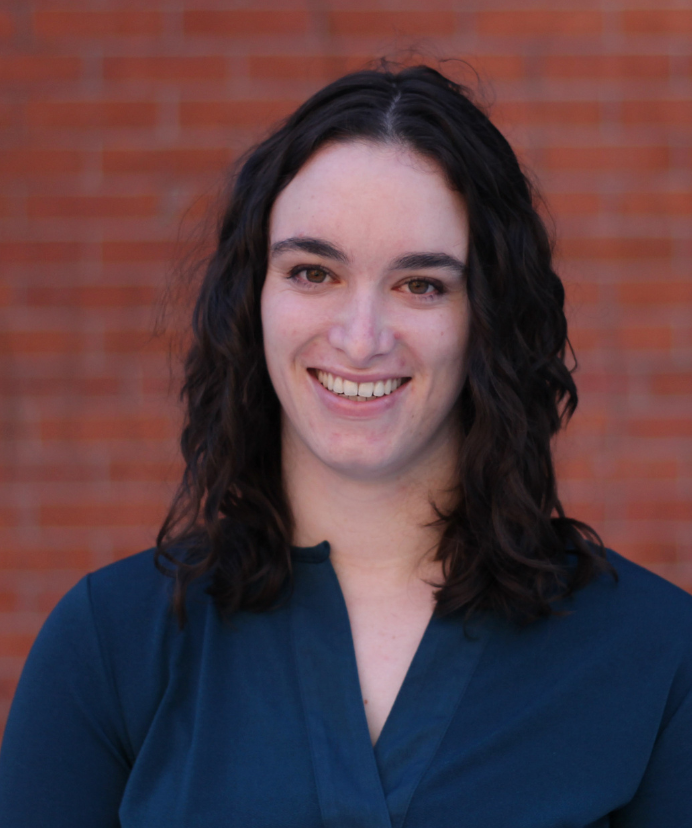The Seat in the Classroom
Lower concentrations of high-performance pre-K programs were found in Brooklyn neighborhoods with more Black residents.

Read Time: 2 minutes
Published:
Bill de Blasio was elected Mayor of New York City on a platform promising universal pre-kindergarten to all 4-year-olds. New York accomplished the goal in 2015 and other cities are not far behind. Boston’s universal pre-K program is now 50% complete. This focus by cities and states on improving access to early childhood education highlights the importance of pre-K programming. But how well are universal pre-K programs performing?
Scott Lantham and team compared Census data to two measures of pre-K performance. The pre-K performance measurements used focus on the quality of interactions and relationships in the classroom as indicators of learning outcomes. The researchers found differences between program outcomes associated with the racial make-up of classrooms.
The map of Brooklyn shows the racial make-up of neighborhoods: the darker the gray scale indicates more Black residents. White dots represent the location of the highest performing pre-K programs. The researchers found a much lower concentration of high-performance programs in areas with large Black populations.
De Blasio claims that the universal pre-K program is closing the achievement gap by providing access to pre-K to all students. However, differences in the quality of pre-K, as shown in this study, will perpetuate educational disparities if they are not corrected.
New York City has one of the most segregated school systems in the country. School desegregation is the most effective way to close achievement gaps. School quality and student success are directly tied to high-performing teachers and educational resources.
The introduction of universal pre-K programs across the country opens up an opportunity to correct historical wrongs. Equitable structuring of pre-K programs and creating a diverse student body can enhance learning during a critical developmental stage.
Databyte via Latham, Scott, Sean P. Corcoran, Carolyn Sattin-Bajaj, and Jennifer L. Jennings. (2020). Racial Disparities in Pre-K Quality: Evidence from New York City’s Universal Pre-K Program. (EdWorkingPaper:20-248).



